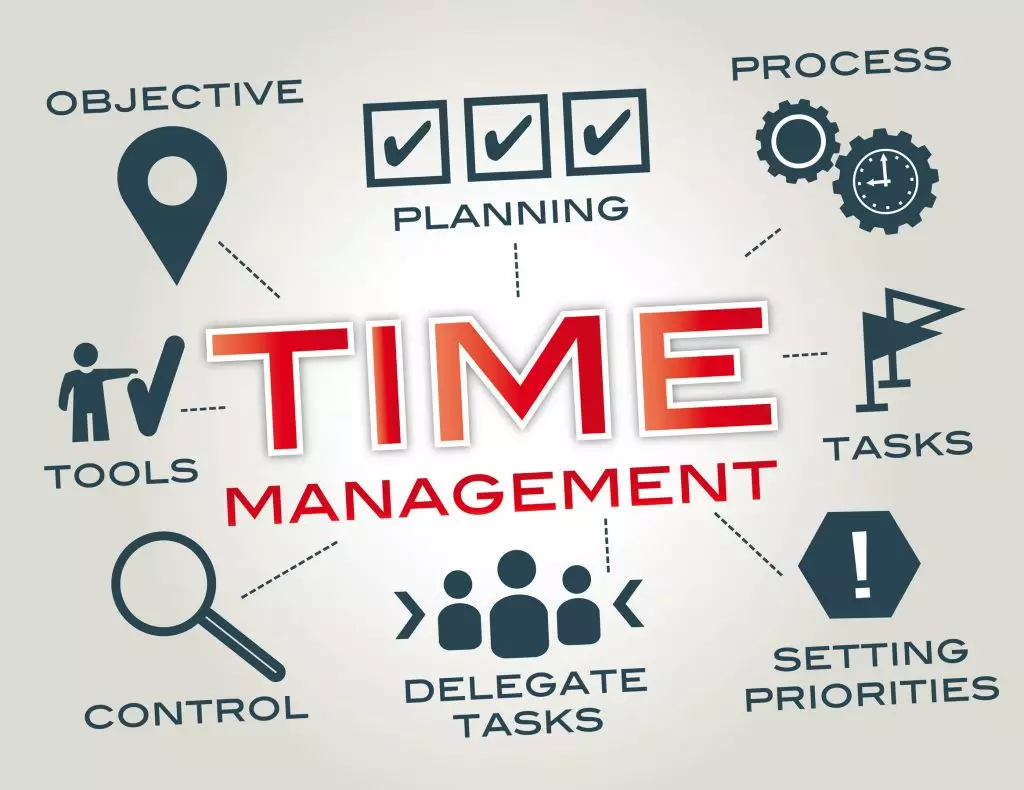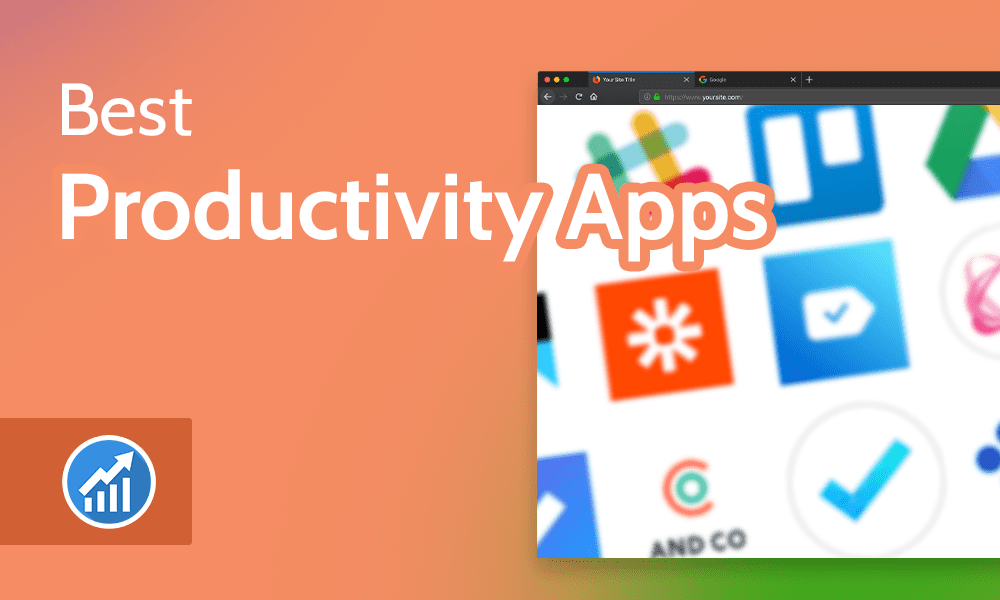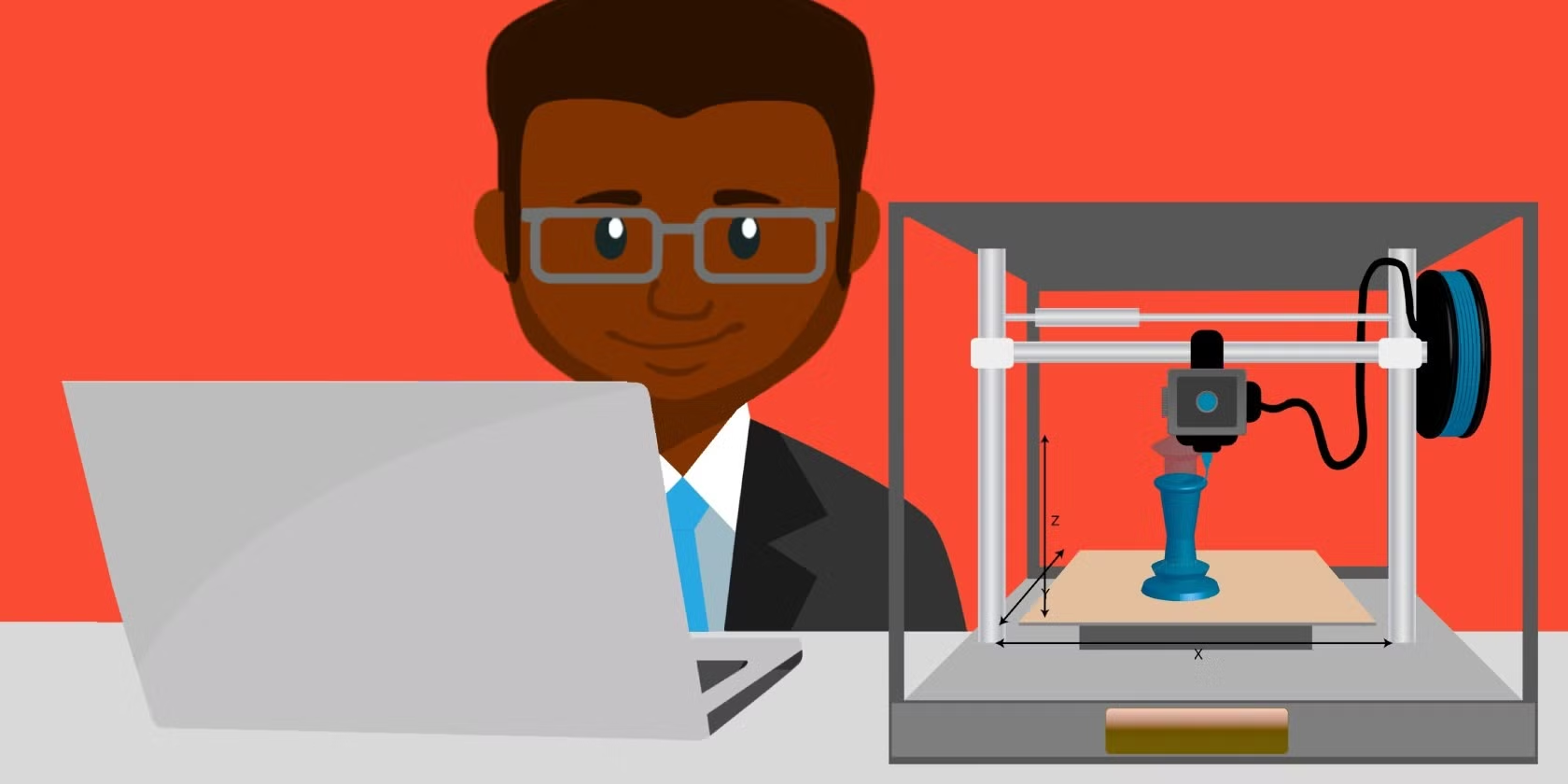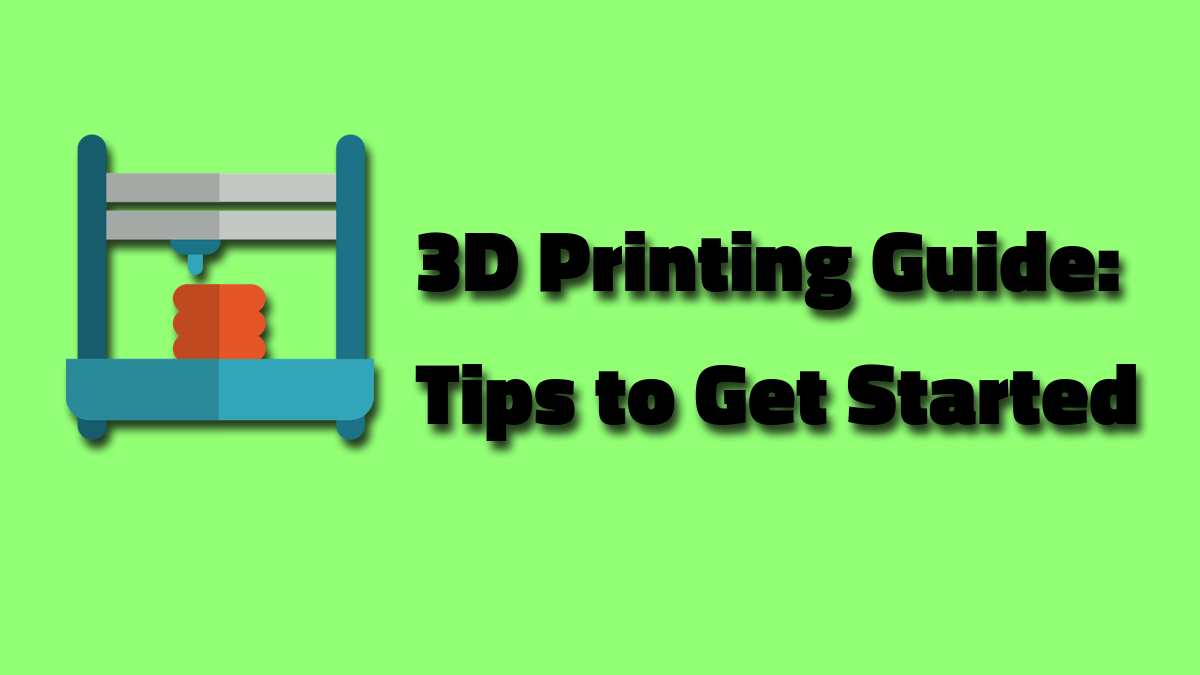
The Internet of Things (IoT) is a rapidly growing sector that has a significant impact across various industries, creating diverse job opportunities. As more devices become connected to the internet, the demand for professionals skilled in IoT technologies continues to increase. Below is an overview of job prospects in the IoT field, including key roles, required skills, and potential career paths:
1. Key Roles in the IoT Industry
a. IoT Engineer/Developer
- Job Description: An IoT engineer designs, develops, and manages IoT systems and devices. This includes creating software and hardware solutions to connect devices to the internet, as well as integrating them into networks.
- Skills Required:
- Proficiency in programming languages like Python, C/C++, Java, JavaScript.
- Knowledge of hardware components and embedded systems.
- Familiarity with IoT protocols (MQTT, CoAP, HTTP).
- Understanding of cloud computing and data storage.
b. Embedded Systems Engineer
- Job Description: Focuses on designing the software that operates on hardware devices, particularly low-level programming for embedded systems that are part of IoT devices (e.g., microcontrollers, sensors).
- Skills Required:
- Strong knowledge of embedded programming languages (e.g., C, C++).
- Understanding of hardware design (circuit boards, sensors).
- Familiarity with real-time operating systems (RTOS) and hardware-software integration.
c. IoT Architect
- Job Description: An IoT architect is responsible for designing the overall structure of IoT solutions, integrating hardware, software, networking, and cloud services. They work on scalability, performance, and security aspects.
- Skills Required:
- Experience in network architecture and cloud platforms (AWS, Azure, Google Cloud).
- Strong problem-solving skills and knowledge of system-level design.
- Familiarity with security and privacy in IoT solutions.
- Experience with data flow architecture and big data integration.
d. Data Scientist/Analyst for IoT
- Job Description: With the large volume of data generated by IoT devices, data scientists and analysts interpret this data to uncover trends, patterns, and insights that can drive business decisions.
- Skills Required:
- Strong expertise in data analytics, machine learning, and statistical analysis.
- Proficiency in tools like Python, R, SQL, and data visualization platforms.
- Knowledge of IoT data structures and how to process massive data sets efficiently.
e. IoT Security Specialist
- Job Description: Ensures the security and privacy of IoT systems and devices by implementing secure communication protocols, data encryption, and proactive threat mitigation strategies.
- Skills Required:
- Knowledge of network security, cryptography, and vulnerability management.
- Familiarity with security protocols in IoT environments (e.g., SSL/TLS, IPSec).
- Understanding of ethical hacking and penetration testing techniques.
f. Cloud Engineer (IoT Focus)
- Job Description: Cloud engineers with an IoT focus are responsible for building and managing cloud infrastructure that supports IoT devices, enabling them to communicate, store data, and integrate with other systems.
- Skills Required:
- Strong knowledge of cloud platforms (AWS, Google Cloud, Microsoft Azure).
- Expertise in cloud-based IoT architecture and storage solutions.
- Experience with IoT device management and cloud integration.
g. IoT Product Manager
- Job Description: A product manager in the IoT space oversees the development and deployment of IoT devices and systems. They work with cross-functional teams (engineering, marketing, sales) to ensure the product meets market needs and technical requirements.
- Skills Required:
- Strong understanding of the IoT ecosystem and market trends.
- Project management and communication skills.
- Experience in product lifecycle management and collaborating with development teams.
2. Industries Hiring for IoT Roles
The IoT field spans across multiple industries, with job opportunities in various sectors:
- Manufacturing: Smart factories and industrial IoT (IIoT) systems need IoT engineers and developers to manage connected machinery, monitor real-time production data, and improve efficiency through automation.
- Healthcare: Connected medical devices, wearables, and telemedicine solutions are growing, requiring roles like IoT engineers, data scientists, and security specialists.
- Automotive: With the rise of connected cars and autonomous vehicles, automakers are hiring IoT developers and engineers to design and optimize these systems.
- Retail: Retailers are leveraging IoT for inventory management, smart shelves, and customer behavior analysis, leading to job openings for IoT professionals.
- Energy and Utilities: Smart grids and energy monitoring systems are creating opportunities for IoT professionals to improve efficiency, sustainability, and real-time monitoring.
- Agriculture: Precision farming and smart irrigation systems are driving the demand for IoT professionals to optimize resource usage and improve agricultural productivity.
- Smart Homes/Buildings: IoT is central to the development of smart home technologies, including lighting, heating, security, and energy management systems.
3. Skills and Certifications for IoT Careers
To succeed in IoT roles, professionals need a mix of technical skills, practical knowledge, and certifications. Key skills include:
- Programming: Proficiency in languages like Python, C++, Java, and JavaScript.
- Networking: Understanding of network protocols, IP addressing, and how devices communicate over the internet (e.g., MQTT, CoAP).
- Cloud Computing: Knowledge of cloud platforms (AWS IoT, Google Cloud IoT) and how to manage IoT data and devices on the cloud.
- Data Analysis: Ability to process and analyze data generated by IoT devices, using tools like Python, R, and SQL.
- Security: Expertise in securing IoT devices, networks, and communication protocols.
IoT Certifications:
- Certified IoT Professional (CIoTP): A recognized certification for IoT professionals, covering technical and strategic aspects.
- Cisco Certified Network Associate (CCNA): Focuses on networking, which is essential for IoT systems.
- AWS Certified Solutions Architect – Associate: Ideal for cloud engineers working with IoT data on AWS.
- CompTIA IoT+: A certification that demonstrates knowledge in IoT hardware and software solutions.
4. Job Market and Growth Prospects
- Job Demand: The IoT job market is expanding rapidly, with many companies looking to integrate IoT technologies into their operations. According to reports, the global IoT market is expected to grow significantly over the next few years, driving further demand for skilled professionals.
- Salary Expectations: Salaries in IoT roles vary depending on experience, location, and the specific role, but generally, IoT professionals can expect competitive salaries. For instance:
- IoT Developer: £30,000 – £60,000 per year in the UK.
- Embedded Systems Engineer: £35,000 – £60,000 per year.
- IoT Architect: £50,000 – £100,000 per year.
- IoT Security Specialist: £45,000 – £90,000 per year.
- Geographic Opportunities: While major tech hubs like London, Manchester, and Edinburgh in the UK have a high concentration of IoT job opportunities, industries like manufacturing and agriculture are also creating new roles in regional areas.
5. Career Pathways
- Entry-Level: Start as an IoT developer, data analyst, or embedded systems engineer.
- Mid-Level: Progress to senior positions such as IoT architect, cloud engineer, or security specialist.
- Senior-Level: Take on roles like IoT Project Manager, Chief Technology Officer (CTO), or IoT Consultant.
Conclusion
The IoT sector offers numerous job opportunities across various industries, and the demand for skilled professionals is expected to continue growing. Whether you’re interested in hardware, software, data analytics, or security, IoT provides a wide range of career options for those with the right skills. Continuous learning, staying updated with new technologies, and pursuing relevant certifications will help you stay competitive in this evolving field.




